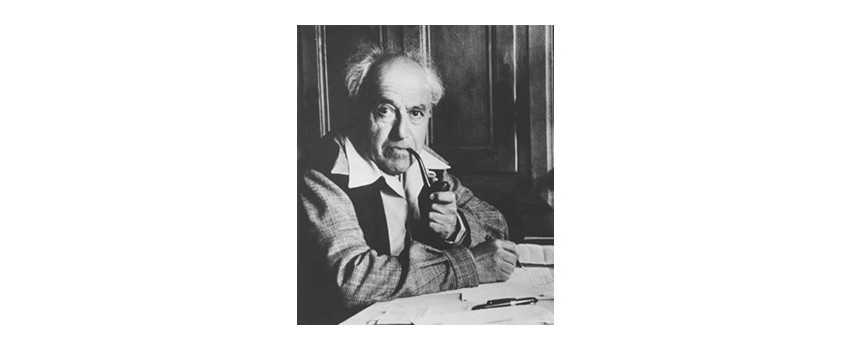Bloch Music For Cello And Piano (Fischer)
Ernest Bloch Music for Cello and Piano Carl Fischer Edition
Ernest Bloch was a master of music that touched the soul. His compositions were not just notes and melodies but also a journey through his life experiences. Born in Geneva, Switzerland, in 1880, Bloch was exposed to music at a very young age. His mother was a pianist, and his father played the violin. As a result, Bloch became interested in music as a child and began his musical training at nine.
Bloch's family was Jewish, and he was raised in a religious household. This profoundly impacted his music, as he infused traditional Jewish music into his compositions. Bloch's family moved to Brussels when he was 19, where he continued his musical studies. He then moved to Frankfurt, Germany, where he studied with the composer Iwan Knorr. German Romanticism heavily influenced Bloch's early compositions, and the music of Richard Wagner also influenced him. Bloch's first primary composition, "Schelomo," was written in 1916. It was a cello concerto inspired by King Solomon's biblical story. The piece was a huge success and made Bloch famous overnight. "Schelomo" was the first of many works that showcased Bloch's unique style, which blended classical and traditional Jewish music.
Bloch's music reflected his deep emotions, passion for life, and love for humanity. His works were a fusion of classical and traditional Jewish music, which he infused with a unique, captivating, and enchanting style. Bloch's music has been celebrated for over a century and inspires music lovers worldwide. Bloch's most well-known work is his "Suite Hebraique," written in 1951. The piece is a collection of five movements based on a different traditional Jewish melody. The "Suite Hebraique" is a masterpiece that showcases Bloch's ability to blend classical and traditional Jewish music seamlessly. Another major work by Bloch is his "Piano Quintet No. 1," written in 1923. The piece is a quintet for piano and strings and is considered one of Bloch's most important chamber works. The piece is a beautiful example of Bloch's ability to create soulful and powerful music.
Bloch's music is known for its soulful and emotional depth. His compositions were not just notes and melodies but were a reflection of his life experiences. Bloch's music was deeply personal, and he used his compositions to express his emotions and love for humanity. One of the most soulful pieces by Bloch is his "Nigun," which is part of his "Baal Shem Suite." The "Nigun" is a traditional Jewish melody Bloch arranged for violin and piano. The piece is a beautiful example of Bloch's ability to infuse traditional Jewish music with classical music. The "Nigun" is a hauntingly beautiful piece that touches the soul. Another soulful piece by Bloch is his "Avodath Hakodesh," which means "Sacred Service." The piece is a choral work that was inspired by the Jewish liturgy. The "Avodath Hakodesh" is a beautiful example of Bloch's ability to create spiritual and soulful music.
Bloch moved to the United States in 1916 and became an essential figure in American classical music. He was a professor at the Mannes School of Music in New York City and taught at the University of California, Berkeley. Bloch's most significant contribution to American classical music is his "Concerto Grosso No. 1." The piece was written in 1925 and is considered one of the first American works to incorporate traditional American music into classical music. The piece is a beautiful example of Bloch's ability to create music that is both soulful and uniquely American. Bloch's influence on American classical music can be seen in the works of many American composers, including Aaron Copland and George Gershwin. Bloch's ability to blend traditional music with classical music profoundly impacted American classical music.
Bloch's music continues to inspire modern composers today. His ability to create soulful and powerful music has had a profound impact on the world of music. Bloch's legacy lives on through his compositions, which are celebrated worldwide. One composer who Bloch has heavily influenced is John Williams. Williams has cited Bloch as one of his major influences and has used Bloch's music in many of his film scores. Another composer influenced by Bloch is Philip Glass. Glass has cited Bloch as one of his major influences and has incorporated Bloch's music into his compositions.
Ernest Bloch was a master of music that touched the soul. His compositions reflected his deep emotions, passion for life, and love for humanity. Bloch's ability to blend traditional Jewish music with classical music profoundly impacted the world of music. His music continues to inspire and influence modern composers today. Bloch's legacy lives on through his compositions, which are celebrated worldwide.

Ernest Bloch Music for Cello and Piano Carl Fischer Edition
Bloch, Jewish Song for Cello (Fischer)